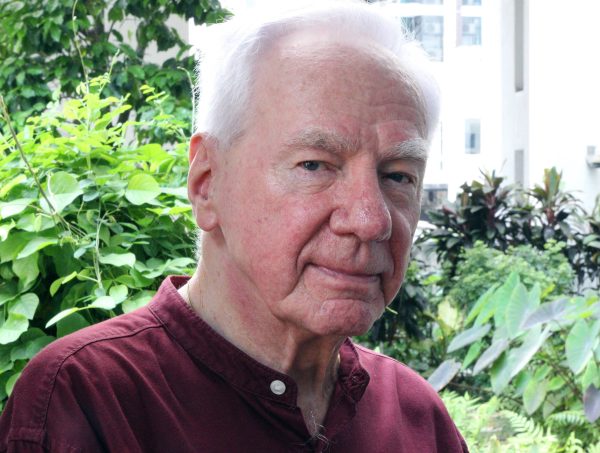The media industry has changed enormously since David Armstrong began his career as a junior reporter for The Australian newspaper in Sydney in 1969, and not for the better. Superficiality and a “gotcha” mentality by too many journalists, he says, has lowered the bar in Australia.
But he also says there are bright spots in Southeast Asia among newspapers that have a strong regional coverage and a good mix between print and online editions.
In Australia. Armstrong was editor of The Australian and The Canberra Times newspapers and The Bulletin magazine, working directly with media magnates Rupert Murdoch, Kerry Packer and Kerry Stokes before moving to Hong Kong in 1993 as editor of the South China Morning Post.
He was managing director of The Bangkok Post and throughout, he worked the sensitive line between publishers and journalists and ensured profits while covering the biggest stories over half a century ranging from the death of Princess Diana to the 9/11 attacks in the United States.
At the Myanmar Times, he was an editorial consultant and active in the transition-to-democracy period – before the 2021 coup and the civil war. Armstrong also served on several boards and was chairman of the Post Media Ltd, which recently closed its flagship masthead, the Phnom Penh Post.
In Bangkok, he spoke with The Diplomat’s Luke Hunt about the role of newspapers and their impact – or lack of – on public thinking. That includes election wins and losses by Australian prime ministers Gough Whitlam, Malcolm Fraser and Malcolm Turnbull.
Armstrong is currently the chairman of UCA News and writes a fortnightly column about Asia media for Pearls and Irritations, published by Melbourne University.
